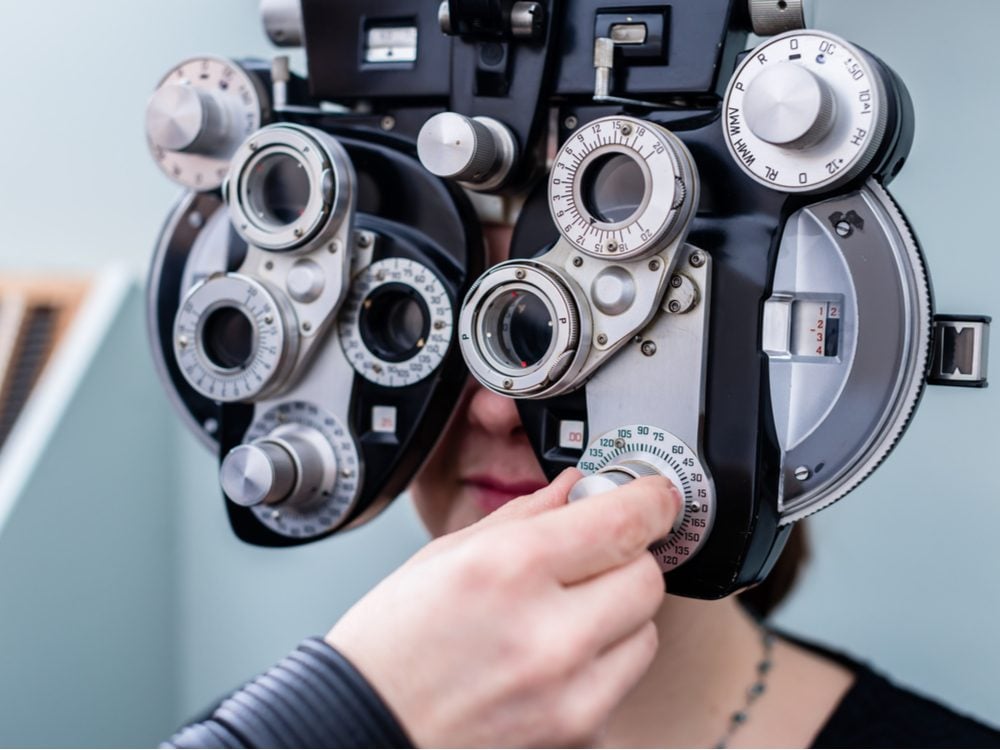
Your eyes aren’t just the windows to your soul
They also hold clues about your health. Eye doctors are often the first to notice serious diseases—including brain tumours, hypertension and diabetes—by examining the condition of the blood vessels in your retina.
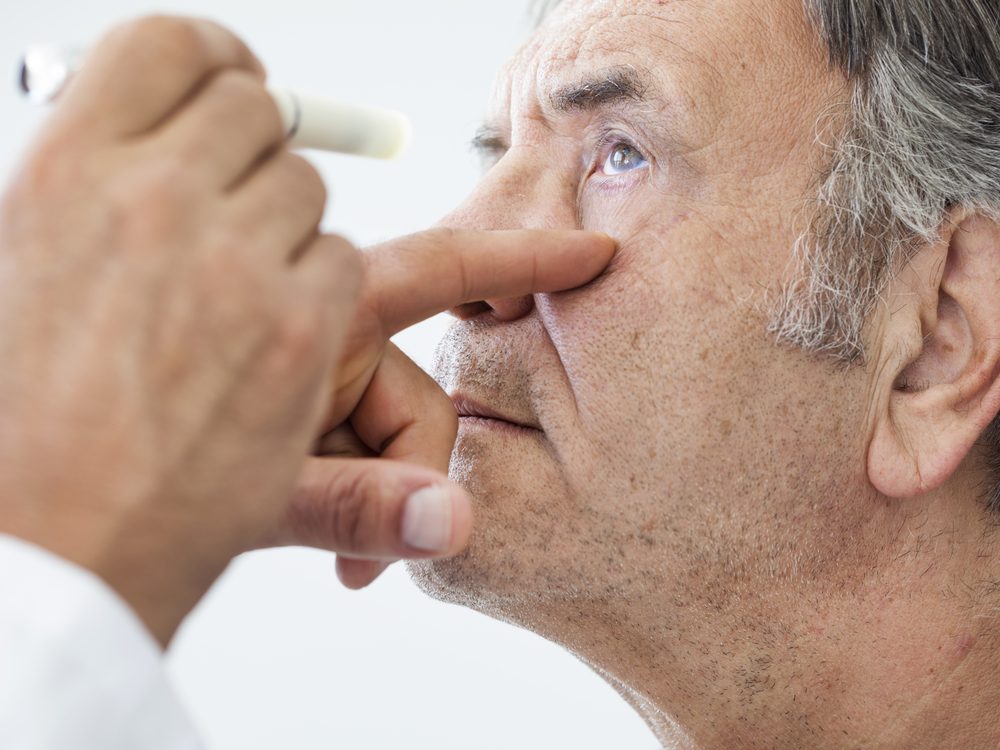
All adults need a biennial eye exam
…Or an annual one if they’re over the age of 60. A 2018 study by the Canadian Association of Optometrists found that two out of three seniors had an eye condition such as cataracts, glaucoma or macular degeneration.
Learn to spot the silent signs of cataracts.
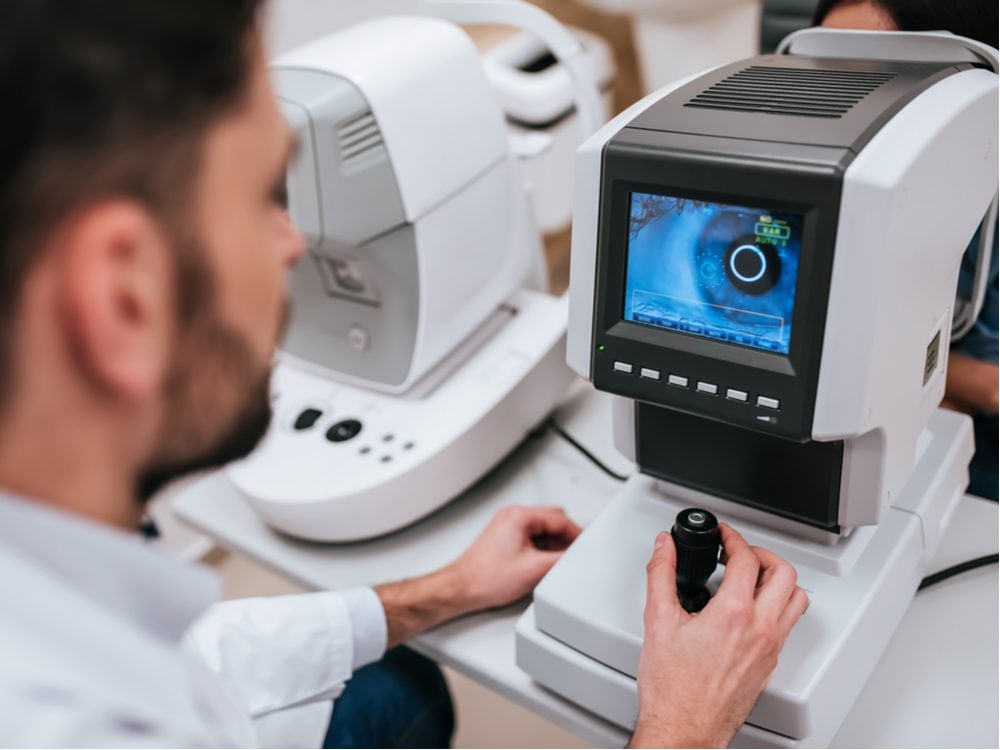
Watch out for the “silent thief”
Glaucoma, the leading cause of irreversible blindness, is called a “silent thief” for good reason. “In the early stages, it’s asymptomatic,” says Ottawa optometrist Kirsten North. “The only way to catch it before significant damage has occurred is with regular eye exams.”
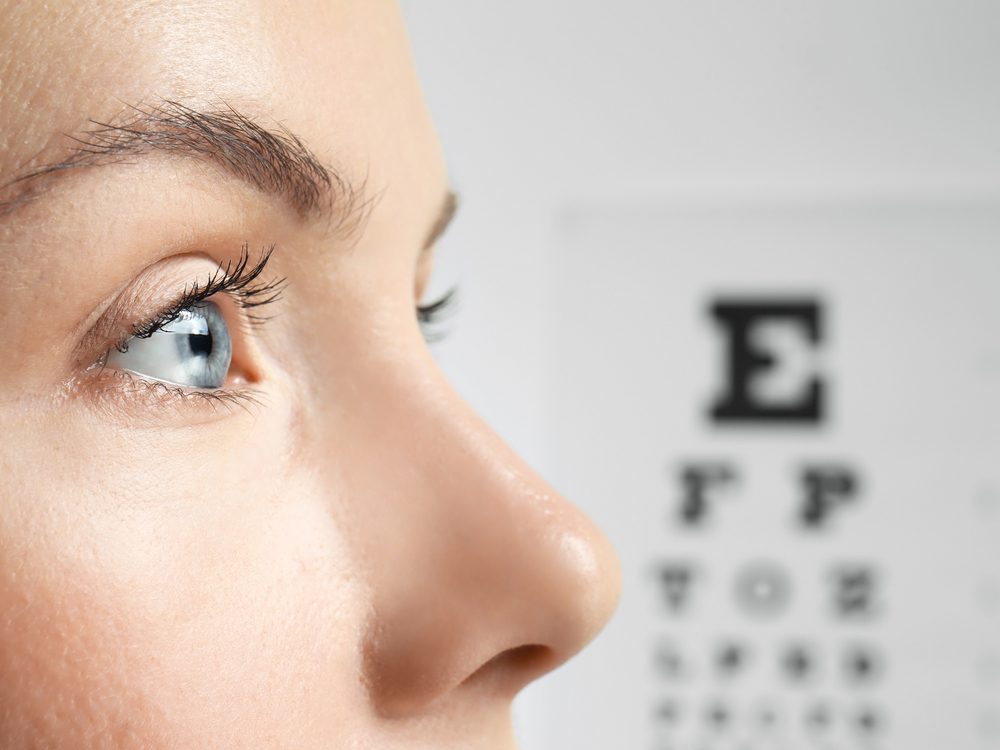
Get your eyes checked right
A sight test in a store that sells eyeglasses is not the same as an eye exam with an optometrist. Using automated equipment doesn’t provide the full picture of your eyes’ health, including muscle coordination, alignment or lens irregularities.
Here are seven signs you need new glasses (that have nothing to do with blurry vision).
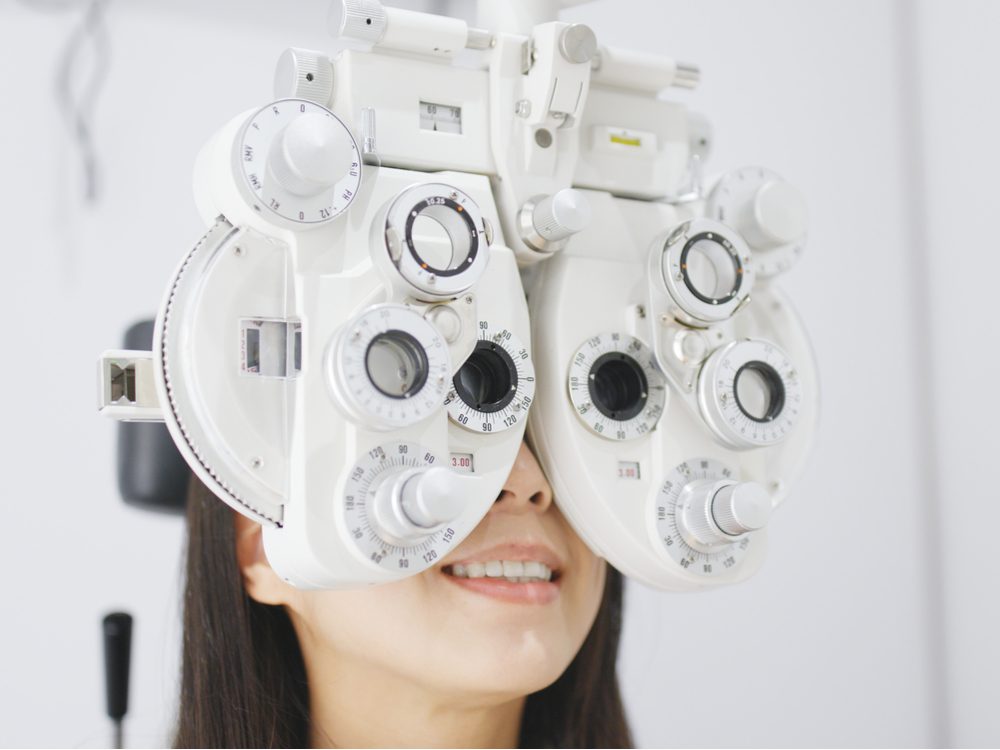
When having your vision tested, relax and blink often
If you don’t, the smooth tear film on the surface of your eye starts to break up, making it more difficult for you to tell which lens is clearest.
Find out how to improve your eyesight naturally.
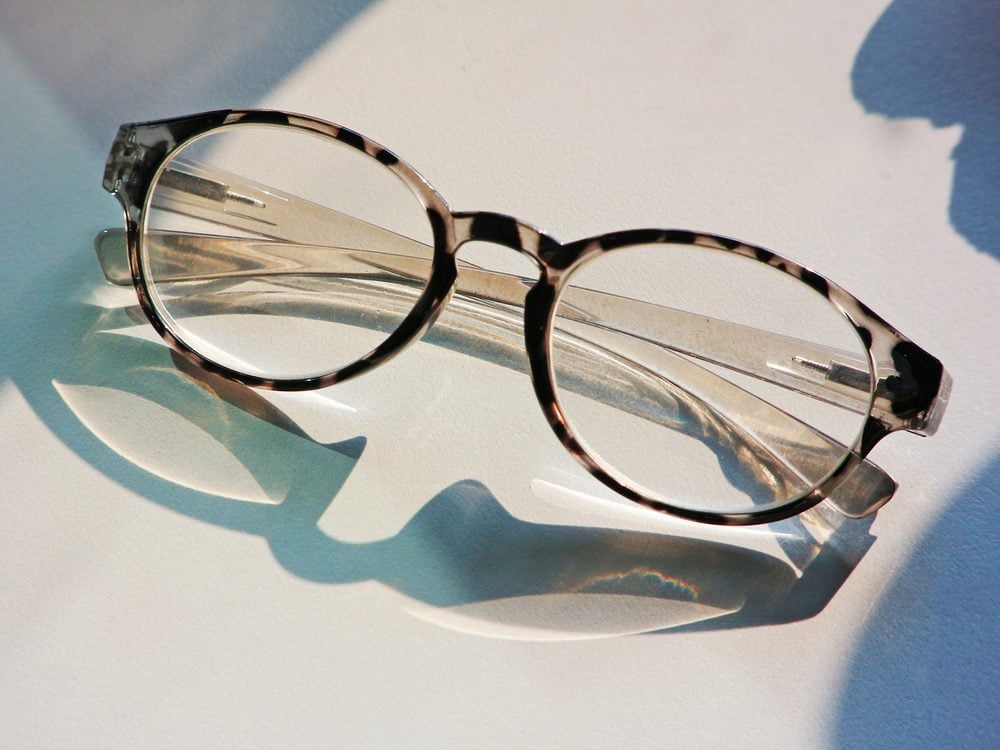
Beware the online deal
Thinking about ordering glasses online? Simply inputting your prescription isn’t a guarantee that the specs will fit your vision needs and lifestyle. A prescription that isn’t exactly right can lead to headaches, nausea and fatigue.
Here are the most common types of headaches (and how to cure them).

Take UV damage seriously
Don’t reserve your sunnies for bright days. “UV damage to your eyes is cumulative over your lifetime,” says North. “Make sure the label on your sunglasses says they block 100 per cent of UVA and UVB rays.” Overexposure to UV light is linked to cataracts, macular degeneration, eyelid cancer and corneal sunburn.
Find out more sunblock tips to protect against UV exposure.
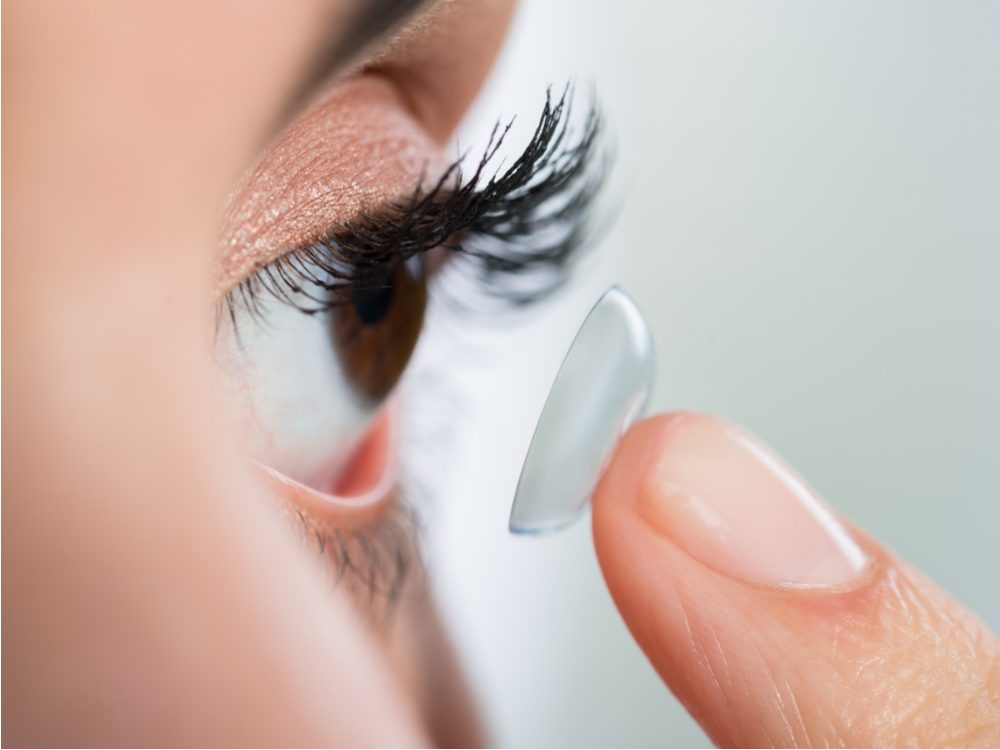
Contact users: get checked out
Regular eye exams are especially important if you wear contacts. “Because you manipulate your lenses with your hands, you’re at an increased risk of infection,” says North.

Take your contacts out to sleep
Even just for a nap. “Closing your eyes adds an extra layer blocking oxygen to your cornea, and germs love any environment that’s dark and moist,” says North. If you spend all night with your contacts in, your risk of corneal ulcers is 10 to 15 times greater.
Here are 10 more germ-spreading habits to give up now.

Never rinse your contacts in tap water
Acanthamoeba, a rare but nasty sight-destroying bug, may lurk in your water supply.
Read the terrifying true story of what doctors found in an Ontario woman’s eye.

Digital eye strain is on the rise
And most bifocals and reading glasses aren’t designed for computer use. “Get prescription eyewear specifically for work,” says North.
Find out what those numbers on your glasses mean (and why you should check them).

Learn to fight screen fatigue
Sit back as far as possible, get rid of any extraneous glare and take frequent breaks: some optometrists recommend looking away at least every 20 minutes. “Staring at a screen is like holding a weight over your head,” North says. “Every time you look away, those muscles relax.”
Here’s what it could mean if your eye is twitching.
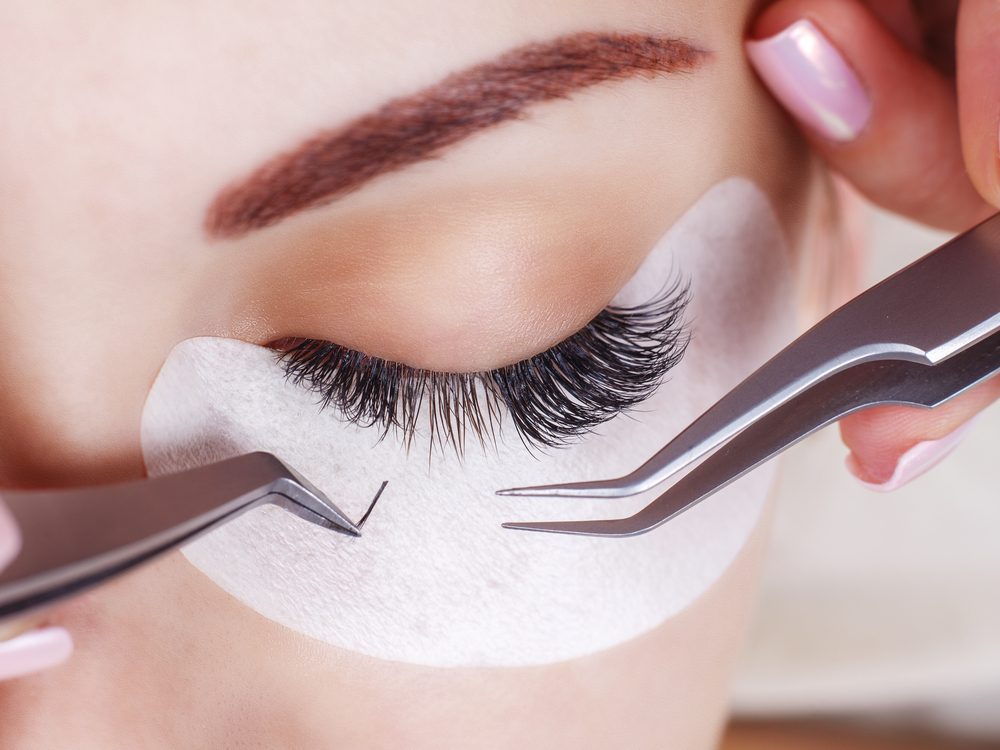
Be careful with cosmetics
Eyelash extensions are trendy, but the strong glue that holds them on can cause allergic reactions or chemical burns. Reserve those fluttery lashes for special occasions, and be sure to go to a licensed aesthetician who uses sterile equipment.
For more eye care tips, find out how to maintain healthy eyes at every age.